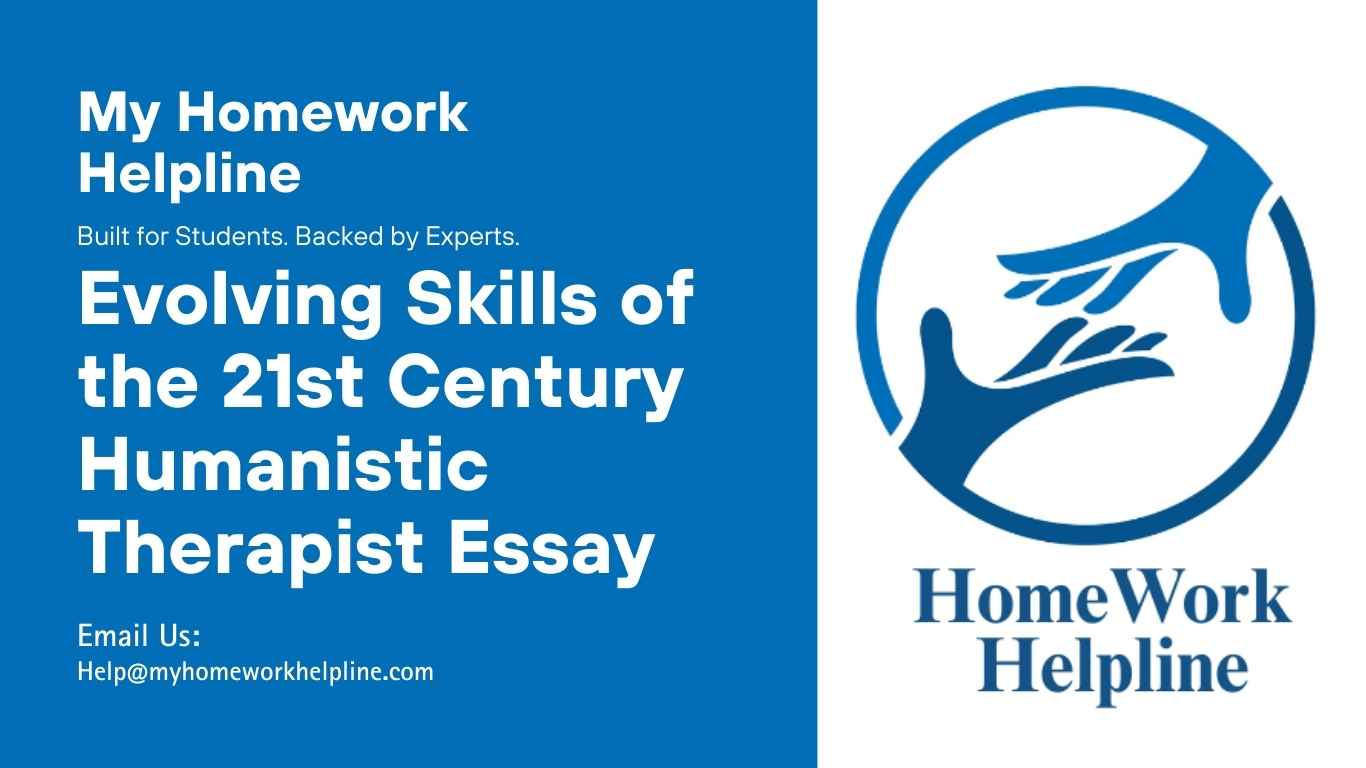21st Century Humanistic Therapist Essay: Growing Skills and Trends
There has been a growing consensus among practitioners that the humanistic elements of psychotherapy are vital elements of therapy. There is a shift from technical prescription with gearing toward humanistic presiding, personal relationships, and away from formulas. The shift is associated with elements that cut across various interventions and accentuate various contexts, including alliance, therapeutic, empathy, meaning-making, receptivity to client feedback, and geniuses (Längle & Klaassen, 2021). The aim of these renewal interests is based on these interventions using the whole individual as the subject matter. These range from mortality, meaning, limitations, freedom, creativity, values, and spirituality as they become more profound in an interpersonal, personal, cultural, and social context. Existential therapy renewal can be associated with increased anxiety levels in society, affecting 18.1% of the US population and making it the most common form of mental illness in the nation. Existential therapy focuses on anxiety levels that arise after clients encounter the conflict inherent in life. Delivering humanistic therapy requires integrating different approaches to improving an individual’s outcome. Thus, a degree of professionalism is required to intertwine these approaches perfectly. According to Stevens (2021), there are necessary skills to employ humanistic therapy, including social skills, intellect, feelings, artistic skills, and practical skills. According to Längle & Klaassen (2021), there is an increased interest in specific approaches in humanistic and existential approaches to psychotherapy, with mainstream institutions developing programs to educate people on the skills necessary to practice psychotherapy. For instance, the International Institute for Humanistic Studies and the Existential-Humanistic Institute located in Francisco are introducing existential and humanistic practices to an increasingly regional and global audience. The increased skill-based education will allow the formalization of these approaches, making them mainstream in improving human beings as a whole.
Writing a 21st century humanistic therapist essay or related psychology assignment can be overwhelming without expert guidance. Our professionals provide reliable homework assistance, helping you analyze theories, integrate humanistic concepts, and structure your essays effectively. Explore tailored academic support by visiting our Psychology Homework Helpline and gain the confidence to excel in humanistic psychology writing with well-researched, high-quality assignments.
References
Längle, A., & Klaassen, D. (2021). Phenomenology and depth in existential psychotherapy. Journal of Humanistic Psychology, 61(5), 745-756.
Schneider, K.J., Pierson, J.F & Bugental, J.F.T. (Eds) (2015). The Handbook of Humanistic Psychology: Theory, Research and Practice. Thousand Oaks, CA ISBN 9781452267746
Stevens, R. (2021). Humanistic psychology. In Introduction to psychology (pp. 417-472). Psychology Press.

